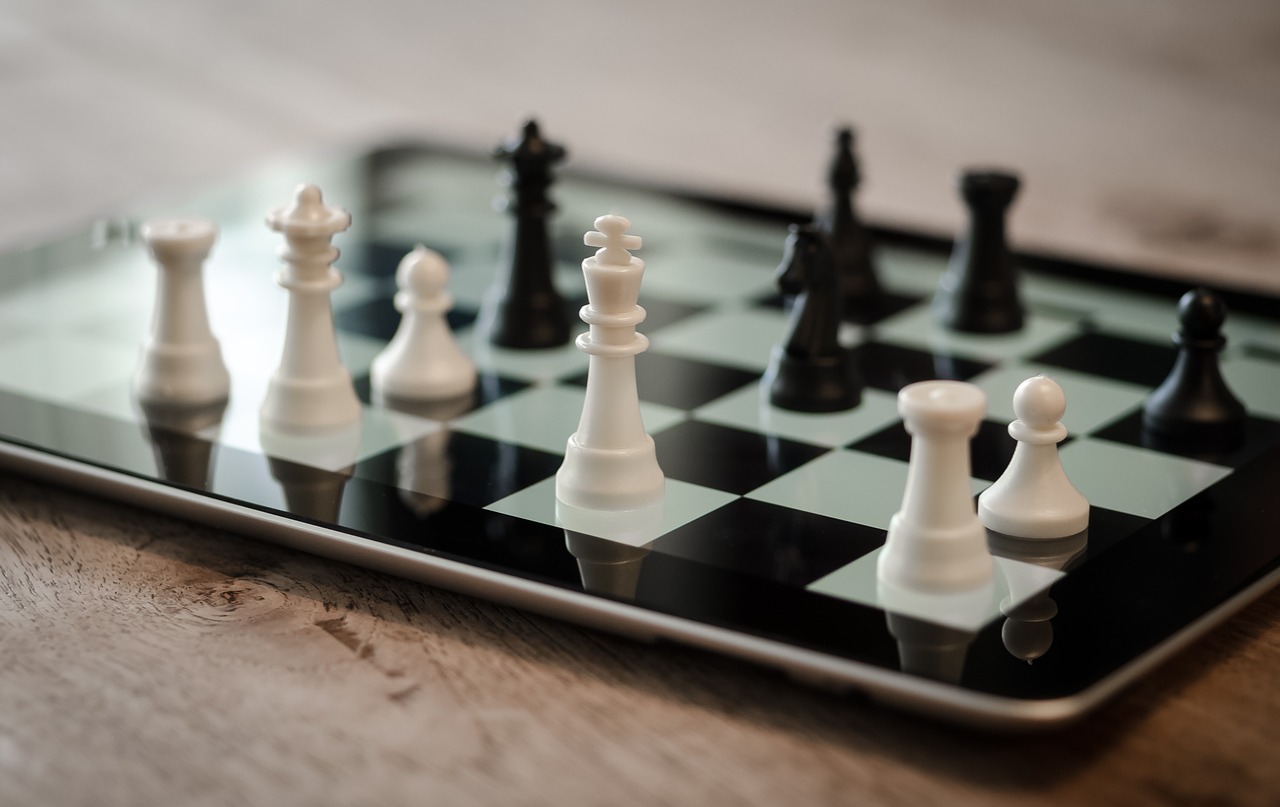There are quite a lot of things that numb our brains these days, and society tends to value appearances over genuine intellect. You can get much further with a curated identity, appearance, and social media presence than with plain brainpower. Without delving deeper into the intricacies of the subject, there’s also a lot we can all do to remediate this at an individual level.
In this article, we will share with you some basic principles every chess champion follows to ensure top cognitive performance.
Sleep
Sometimes we sit around all day and don’t really exert much physical effort. This is not recommended, but it does happen. Often, it is harder to fall asleep in those cases, as we do not feel physical exhaustion, even if our brain has been exercised all day. If this happens, a simple home workout, warm shower, and pre-sleep guided yoga session can help ease the body and mind into slumberland. This is always something you should try to do if you cannot fall asleep.
Eat and Drink Well
It’s no longer a secret that your gut is your second brain. Depression can be linked to malnutrition or maladapted diet – some of us can have inherited genetic predispositions to certain intolerances or allergies that then express themselves in various ways. Eating what is right for you will make you feel light, and allow your immune system to rest, focusing on inner growth rather than offensive defense which can sometimes go overboard. None of this will matter, of course, if you don’t allow yourself to drink enough water. If you don’t like the taste of it, add some fruits, or squeeze some lime for a fresh twist that will also boost your immunity.
Watch Your Physical Health
If your gut is your second brain, then you could also argue that your circulatory systems could also constitute a third ‘brain’. You don’t just have blood flowing from every finger and toe to your brain and organs, you have lymph, bile, mucus, synovial fluid, etc. You can learn a lot about your body through how these systems are working – or flowing. What you need to remember to keep the flow going is that you need to drive it by being physically active, literally pumping everything around, ensuring nothing ever gets clogged up and causes problems.
Remember Technology is a Tool
Technology is only ever as bad as we are. Just like a hammer, it can both be an essential tool for the edification of society and a weapon of destruction and murder. Entertainment is great, but constructive entertainment is much better for cognition. We have created so many analog and digital tools that today, they can be incredibly specialized. Nowadays, there are even websites that will unscramble letters of any given word, then list all the other words that you will be able to spell out from them. They’re grouped and listed in order of length, to make the answers legible. Not only that, but they will also show you how many points these words are worth both in Scrabble and Words with Friends, enabling you to expand your vocabulary and improve your cognitive function while winning at your favorite word game.
Use Your Hands
Take up a manual hobby. Your brain is constantly building new pathways, and using your hands is linked to having a higher IQ. Stereotypes often paint manual labor as repetitive and unfulfilling, but it is that meditative quality that actually builds cognitive resilience. In a similar vein, pianists are reputed to test higher IQ scores on average than test groups of non-musicians. So, whether it’s a craft or an instrument, make your brain collaborate with those other amazing tools that make us human: hands. Both playing the guitar or completing a garden DIY shed project will make you smarter, and that’s good to know if books are not really your cup of tea.
There is much we can do to improve our cognitive abilities. The key is to build good habits, and commit to them because cognition is built with repetition. You will notice progress almost immediately, and that is usually encouraging, but some of us might be tempted to reward themselves with a ‘break’ from routine. While this is always a good idea, you should still maintain a certain pattern of regular repetition to keep your brain sharp. Just like your muscles, your brain can be trained. Unlike them, though, there are infinite possibilities that can arise from training your mind with discipline.


